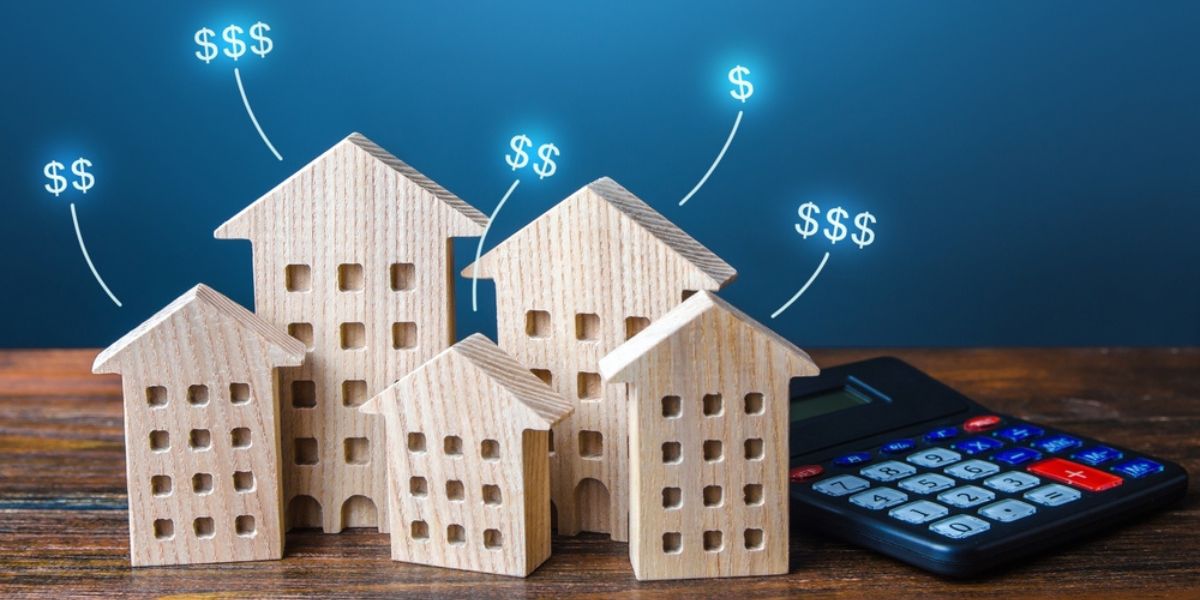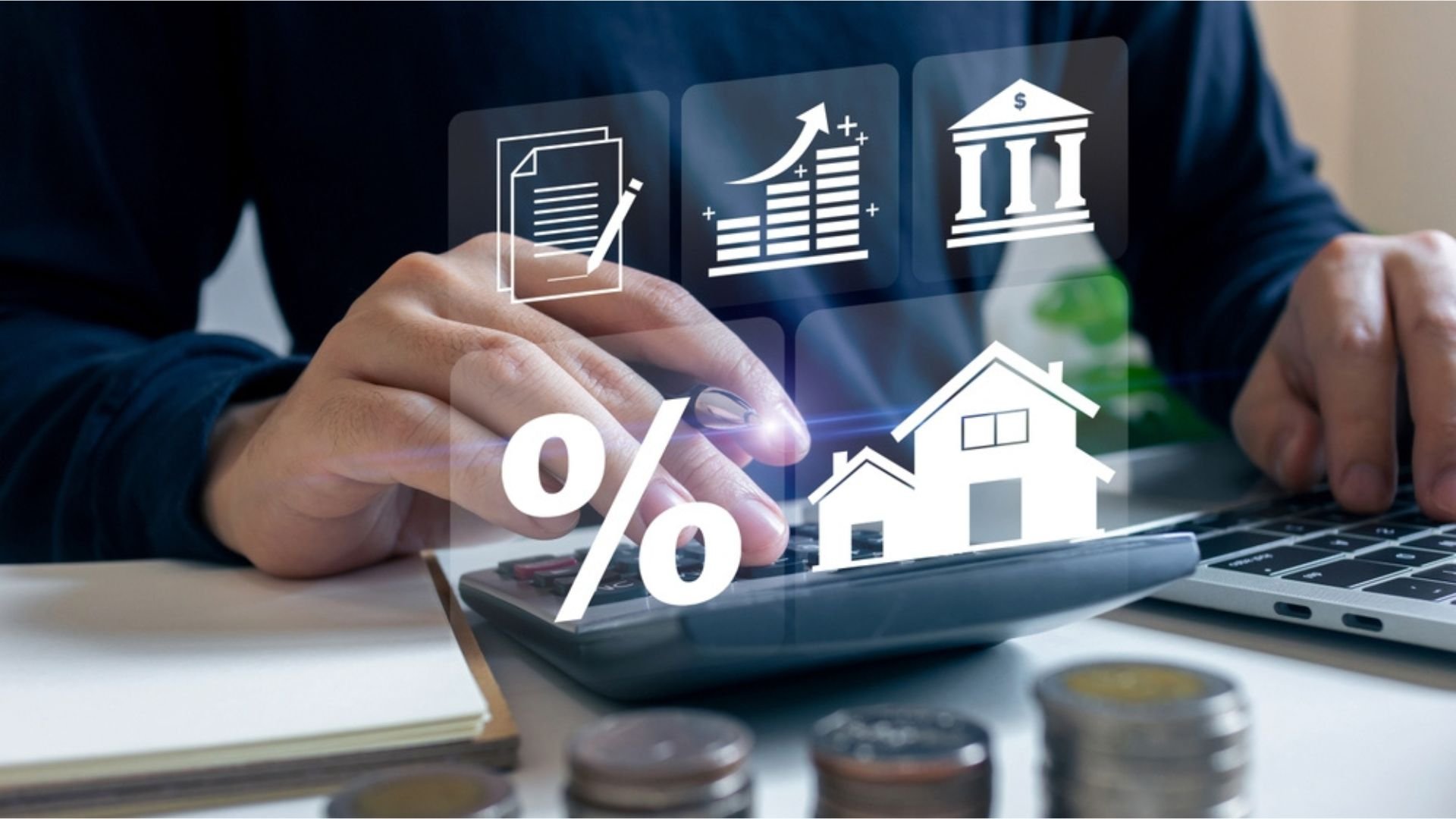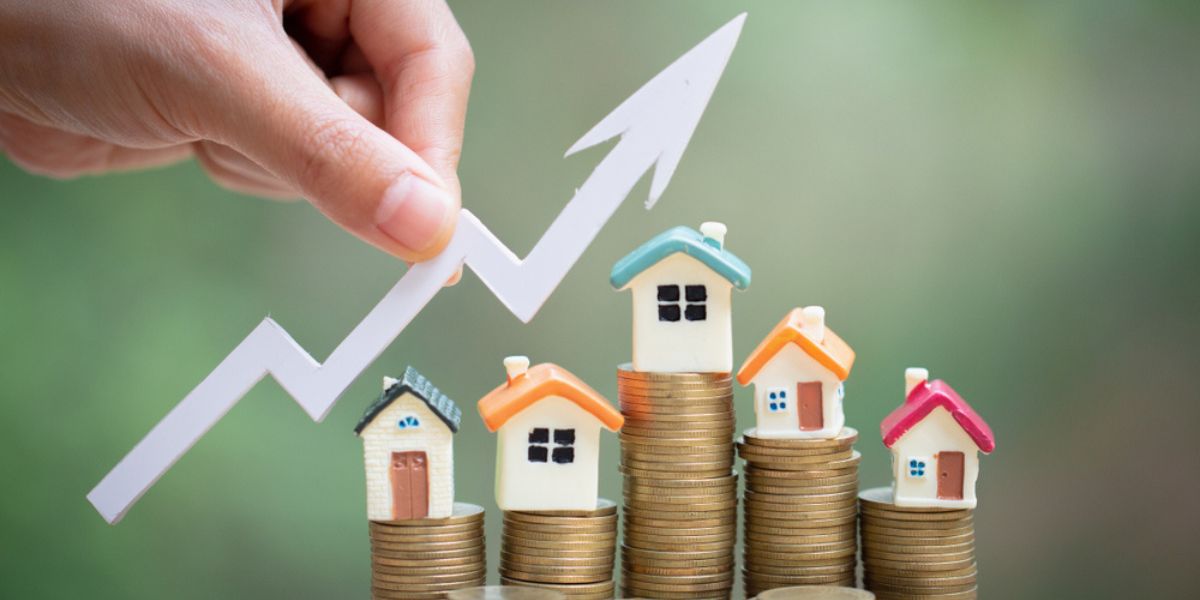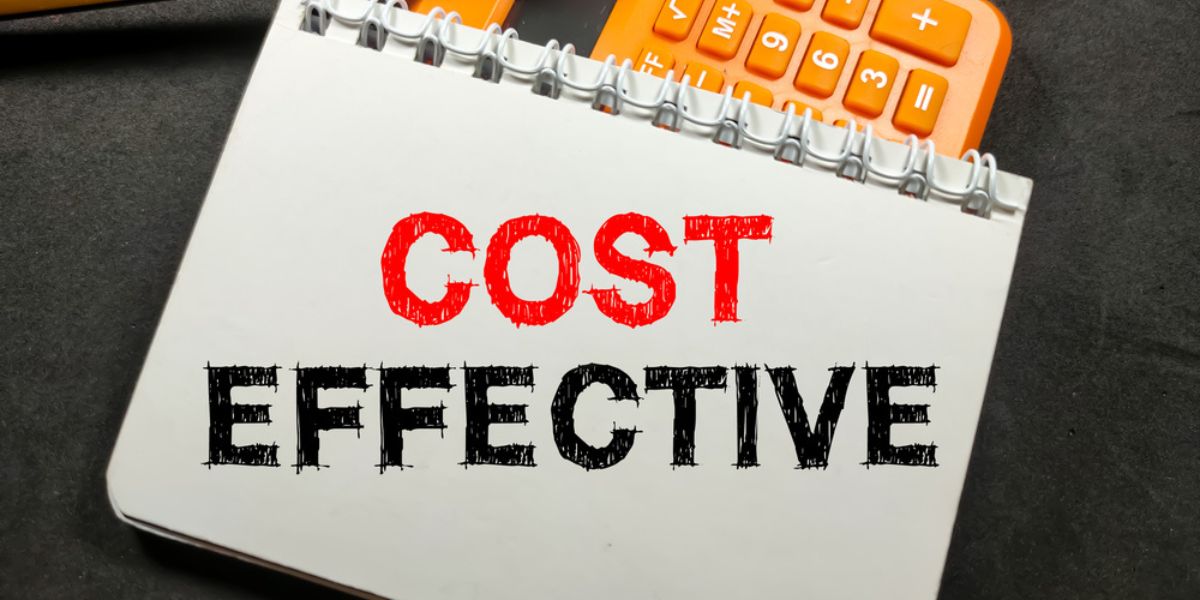How to Calculate Rental Properties ROI in the Detroit, MI Market

Calculating your rental property's ROI starts with a basic formula. Calculate ROI by subtracting annual costs from total income and dividing the result by initial investment.
ROI = (Total Income - Annual Expenses) / Cost of Investment
This simple ROI equation can give you a good start. However, it won't paint the full picture unless you include all variables such as maintenance costs, vacancy rates, and unexpected repairs.
The Right Variables for an Accurate Calculation
Including these additional factors might seem overwhelming, but they are crucial in getting accurate results.
- Maintenance Costs: Regular upkeep is essential to keep properties rent-ready and attractive for potential tenants.
- Vacancy Rates: Empty units don’t generate revenue so make sure this aspect is factored into your Detroit ROI calculation.
- Unexpected Repairs: Stuff happens. A sudden leak or broken appliance needs fixing right away.
By considering all these factors and putting in place proactive strategies, you can make your venture into the Detroit rental market successful.
How Taxes and Fees Impact Your ROI
Just like every city and municipality, Detroit has unique tax laws impacting real estate investments. It’s important not only to understand them but also to know how they affect your bottom line.
Property taxes and various fees are important considerations when calculating your ROI. In Detroit, the property tax rate is determined by the city and can be a significant annual cost. Be sure to include this in your calculations when determining annual expenses.
Similarly, insurance costs, HOA fees (if applicable), and other costs related to property ownership should be factored into your ROI calculations.
Moreover, remember to consider income tax. The rental income you receive is considered taxable income and should be factored into your calculations. You may be eligible for certain deductions such as depreciation, mortgage interest, and repair costs, which can lower your taxable income, thereby potentially increasing your ROI.
However, this depends on your personal tax situation, and you should consult with a tax professional to understand your potential tax liability and benefits.
The key here is always being prepared by staying informed about market trends and changes in local regulations.








/Campaigns/RPROI.MOFU.ROIC.LP/rental-property-calculation.jpg)